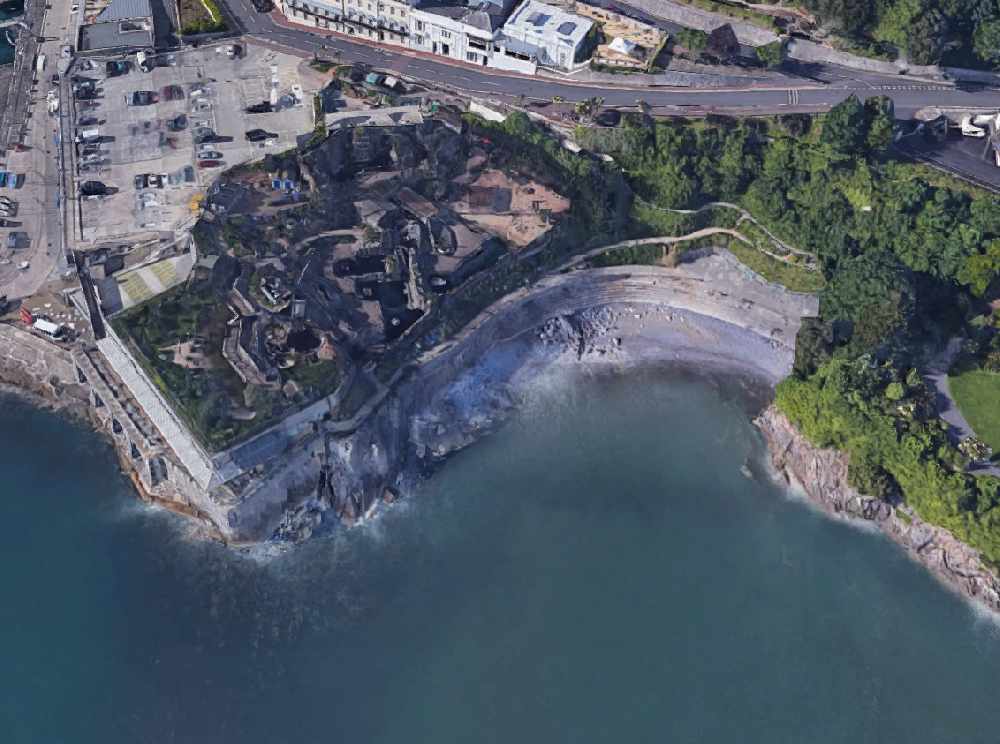
Former Torbay Mayor's idea
Torbay’s former elected mayor is calling for the vacant site of the Living Coasts marine wildlife attraction near Torquay harbour to be turned into a public open space.
Gordon Oliver has intervened in the debate over the future of the site closed last year by the charity which runs Paignton Zoo due to falling visitor numbers and the impact of the pandemic.
Mr Oliver, speaking to the Local Democracy Reporting Service about the future of the outcrop overlooking Beacon Cove, said creating a public park or gardens, with seating and possibly a space for events, would tie in with plans to regenerate the harbour area.
Improvements around the harbour and Pavilion are included in projects set out in the Town Investment Plan for Torquay, which has been awarded £22million from the Government’s Towns Fund.
Mr Oliver said: “I think it would be better for the former Living Coasts site to become a public open space, linked to the regeneration of the harbour area and providing an opportunity to improve Beacon Cove.
“There is a lot of development going to take place, and I think this proposal would find public support. It would be a huge improvement, and whilst there is going to be a lot of building in the area, you still need to keep places for the public to use. I think people want to see the preservation of the sea front area.”
Mr Oliver, who first became a councillor in 1969, led Torbay Council as elected mayor for eight years until 2019 when the role ended following a referendum. During his term of office, he oversaw the restoration of the historic Princess Gardens on Torquay seafront, including the renovation of the listed fountain.
Mr Oliver, an estate agent, was also instrumental in saving the historic seafront Pavilion from demolition in 1972, playing a leading role in a campaign to overturn council plans to demolish the building. The former mayor says he favours creating a landscaped public open space on the headland, which has a long history of use for leisure and entertainment.
The Wild Planet Trust, which runs Paignton Zoo and Newquay Zoo, announced in June 2020 that Living Coasts attraction would not reopen after the pandemic, with the loss of 44 jobs. The trust had a 125-year lease from Torbay Council for the site, on an outcrop between the harbour and Beacon Cove, a south-facing beach known during the Victorian era as the Ladies’ Bathing Cove. It is said to have been a favourite childhood haunt of Torquay-born thriller writer Agatha Christie.
A statement from the council last summer said it would prefer to see the Living Coasts site continue as a wildlife centre. But there have already been a number of proposals for the land, including redevelopment.
The council statement said: “The partnership which runs Torbay Council is saddened with the demise of Living Coasts. We continue to work closely with the Wild Planet Trust that manages Paignton Zoo to ensure that their core offer of conservation work and local attraction has long term viability.
“We have received a good number of expressions of interest in the Living Coasts site, from continuing its current use as a wildlife centre, using the restaurant as a stand-alone offer, to the complete redevelopment of the site.
“With the zoo, we plan to test the viability of expressions of interest so that it can continue its current or similar use. This is our preferred way forward and we will not actively be seeking a complete redevelopment of this site unless the preferred proposals are not possible.”
The trust said in June it made the decision to close Living Coasts because of falling visitor numbers and the economic impact of coronavirus. It said: “After nearly twenty years of operation the site also needed substantial maintenance that the trust is no longer in a position to afford.”
The opening of the Living Coasts marine wildlife attraction in July 2003 was the latest in a series of uses for the site. More than a century earlier, the Torquay Marine Spa was built on the outcrop in 1857, as Torquay expanded rapidly as a holiday destination.
The Victorian entertainment complex overlooking Beacon Cove included a ballroom, concert hall, private bathing facilities and a sunlit conservatory. A large public swimming pool also open to the sea below.
The pool remained in use until the 1971 when a child died after being sucked into an underwater drainage pipe. The complex was redeveloped into Coral Island in the 1970s, but fell out of favour and was derelict by the end of the 1980s.
It was demolished to make way for the sealife aviary of Living Coasts, created on the theme of seabirds and coastal wildlife under a giant net, with attractions including a flock of penguins.
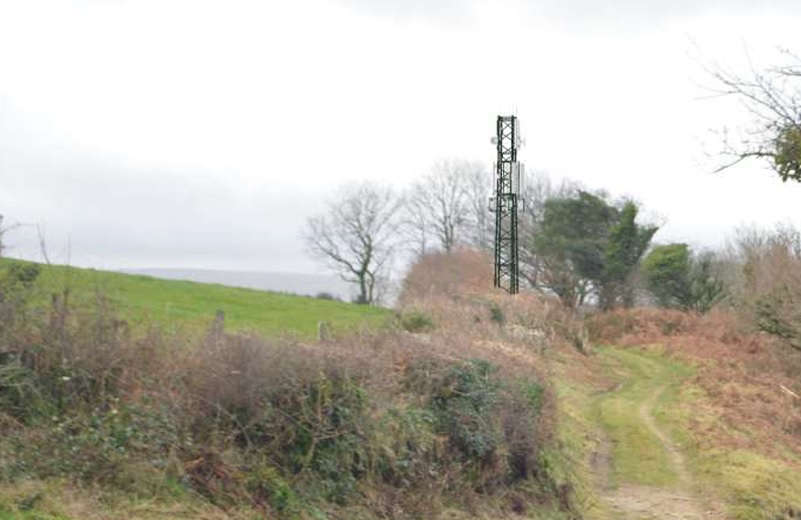 Dartmoor phone mast gets the go-ahead
Dartmoor phone mast gets the go-ahead
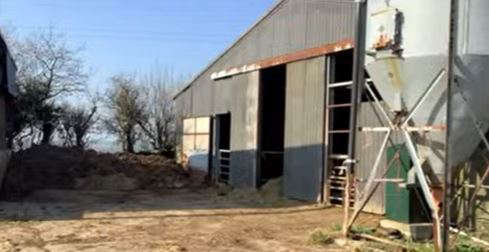 Livestock processing plant refused at Shebbear
Livestock processing plant refused at Shebbear
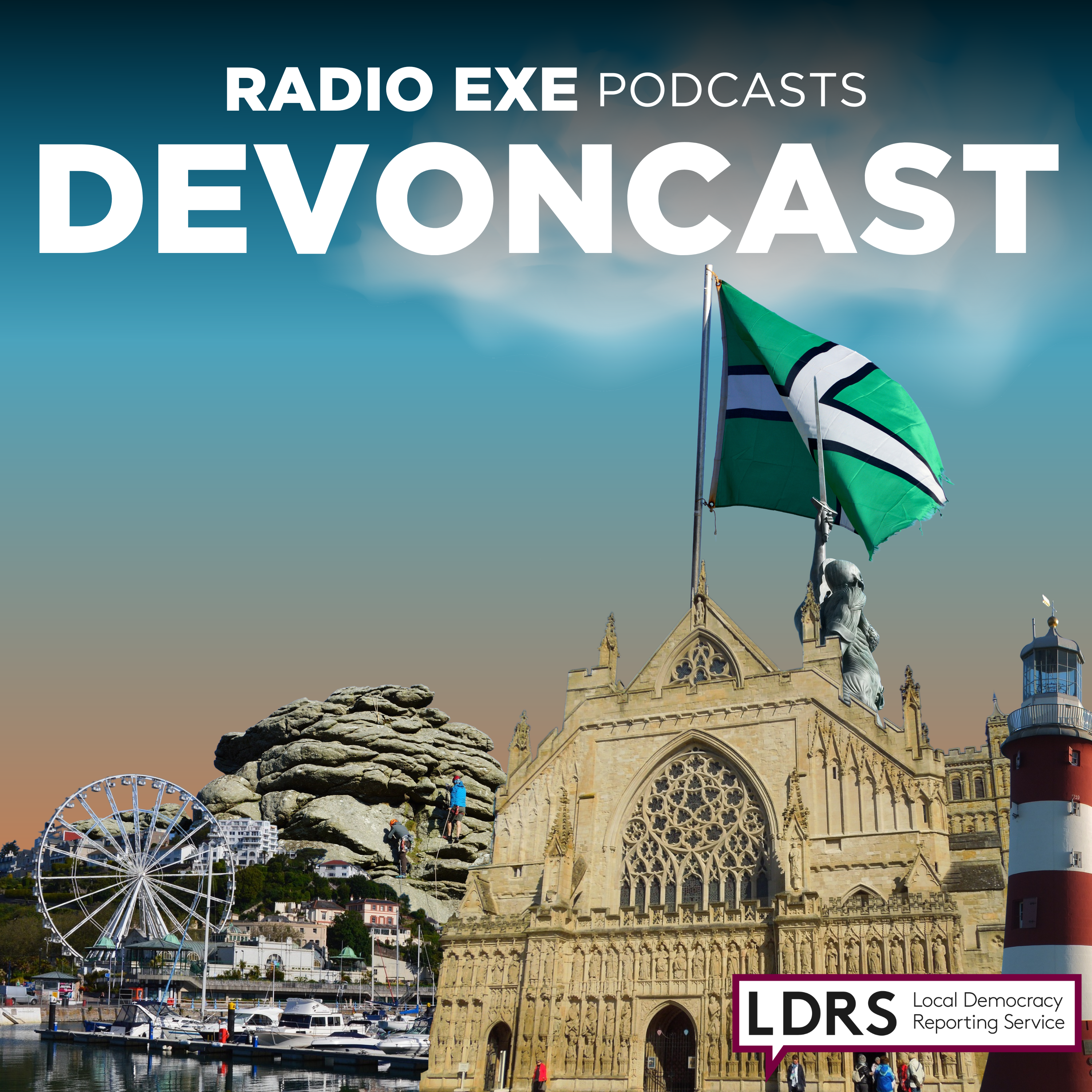 Devoncast - New lives for two Devon landmarks and the mysteries of AI
Devoncast - New lives for two Devon landmarks and the mysteries of AI
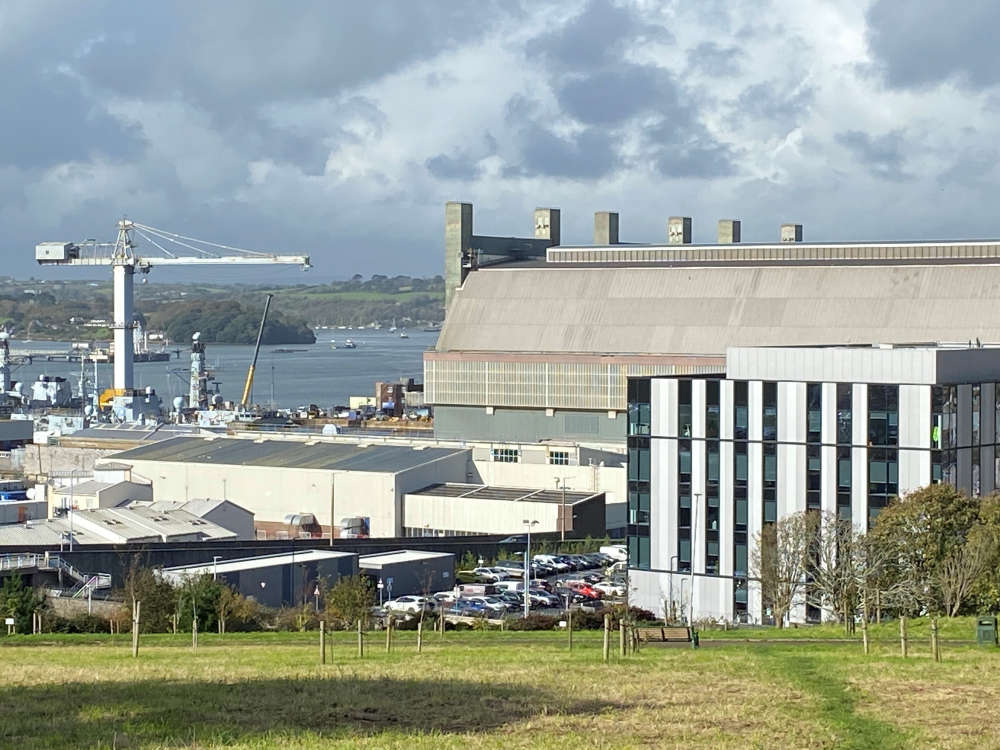 Two Devon warships could be sold to Brazil
Two Devon warships could be sold to Brazil
 Devon police dog honoured
Devon police dog honoured
 Schizophrenic knifeman given indefinite hospital order
Schizophrenic knifeman given indefinite hospital order
